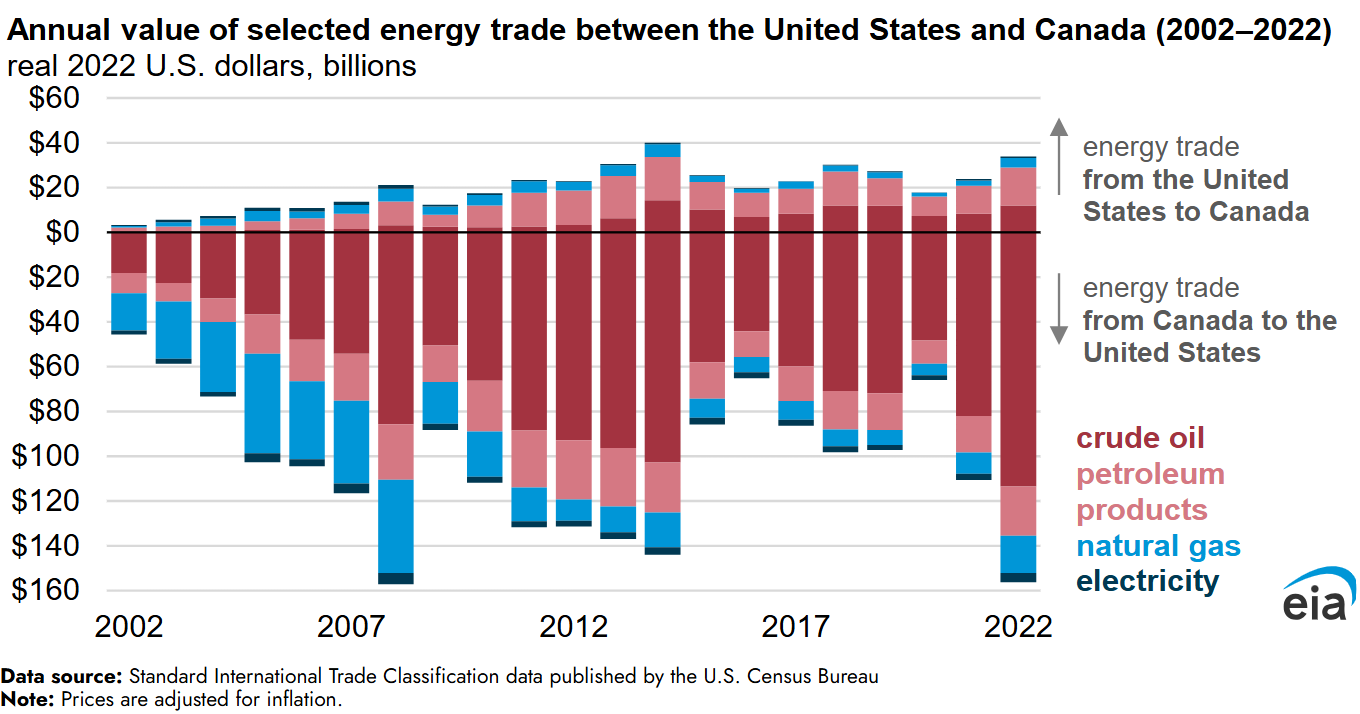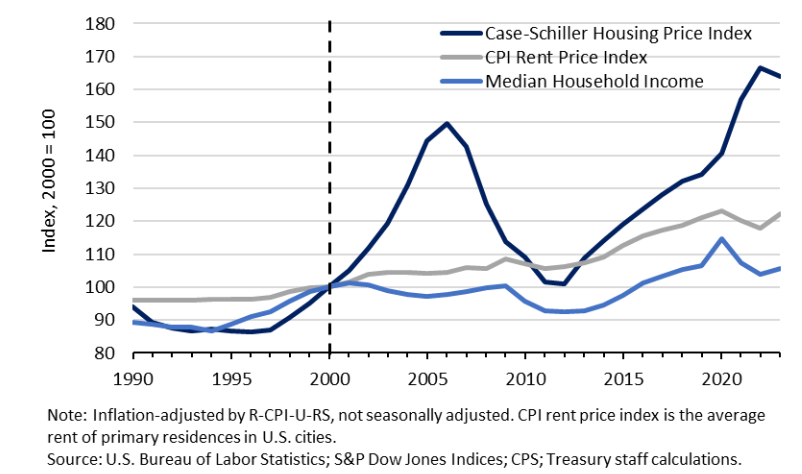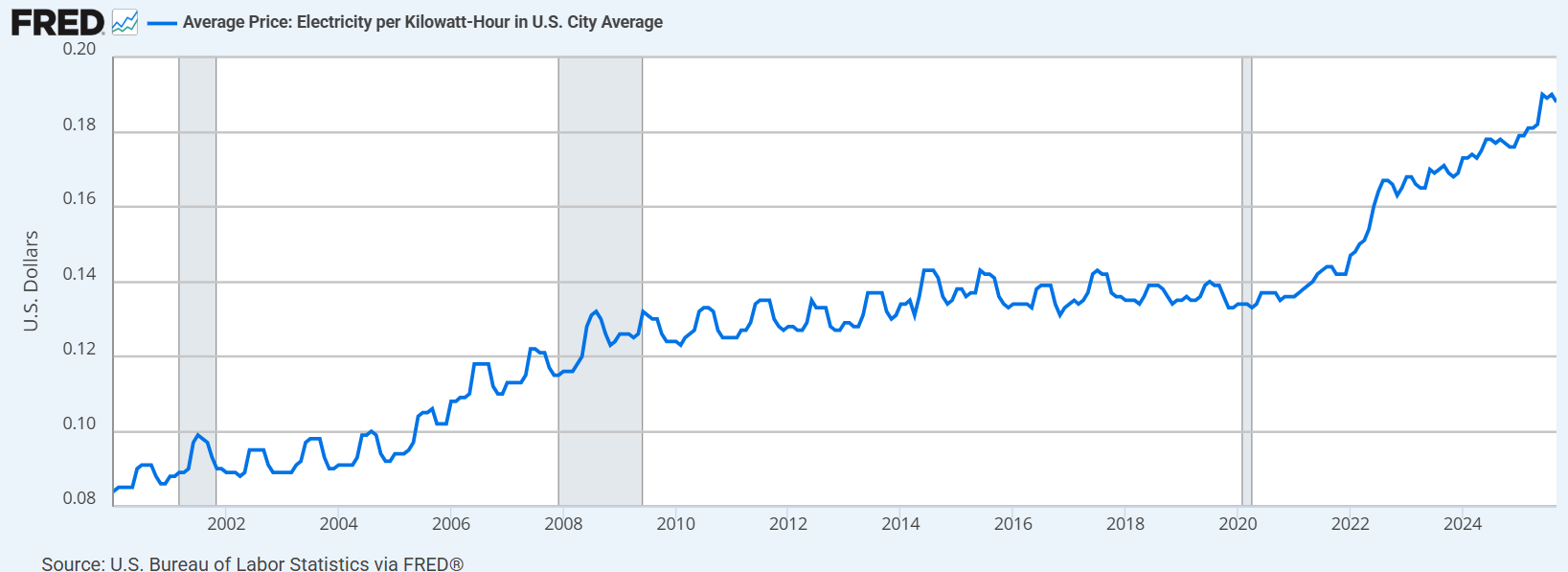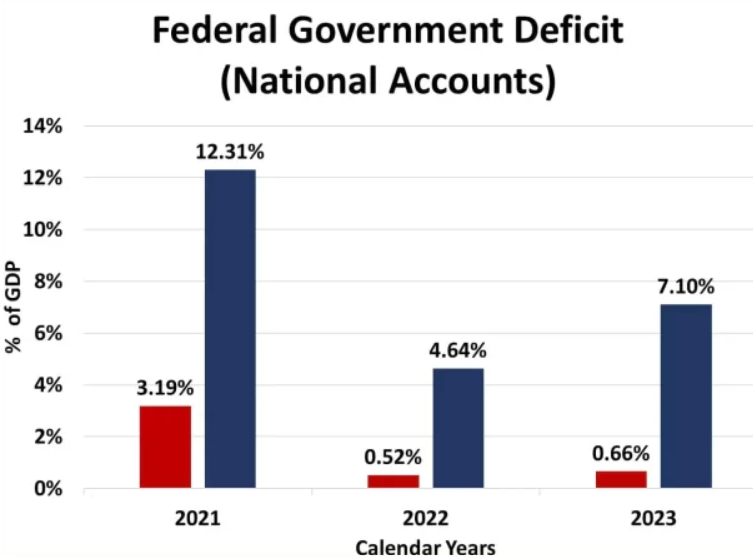Colin Read • April 13, 2024
Will Bitcoin Halving Matter? - April 14, 2024

(Graphic by FrankAndProust - Own work, CC0, https://commons.wikimedia.org/w/index.php?curid=110598929)
Later this week a quadrennial event will occur for Bitcoin. Every four years the number of bitcoins rewarded to erstwhile miners will halve. On the face of it, that seems like a good idea. The large bulk of the revenues made by encrypting Bitcoin, to the tune of about $2.5 million per hour, is diverted to pay for the vast amount of electricity consumed. Those miners who have secured really cheap electricity keep more in their pocket. But, the rewards, upwards of $22 Billion per year, are staggering.
A halving of the number of bitcoin rewarded to these crypto bros would seem to drop this incredible sum in half, and in turn, reduce electricity consumption by a half. It might even appear that constant innovations in mining efficiency would also cut what is estimated to account for 2% of U.S. electricity usage. But, the truth is never so simple.
Halving the coins distributed will make less profitable the mining of bitcoin in places with higher electricity rates. Many of these machines will migrate to areas with lower rates, so ultimate energy consumption will not halve.
The real problem is the price effect. Every day 450 fewer new bitcoin will come to market. This decrease in supply will be accompanied with an increase in price. That’s just supply and demand. In fact, following halvings in 2016 and 2020, today's graphic shows how the price escalated and mining activity actually expanded rather than contracted. Reduced bitcoin reward does not typically result in reduced mining or lower energy consumption. Some speculate that the value of each coin will skyrocket soon, which only leads to higher levels of energy consumption at a time when electricity rates have been rising by about 25% in just the last few years. A recent study out of the University of California Berkeley showed that New York electricity customers are now paying hundreds of millions of dollars for our electricity because bitcoin miners flocked to horde some of our cheapest and most sustainable, but limited, hydroelectric power. Just like when increased electricity demand, much of it from bitcoin mining imposes much higher electricity prices for the rest of us, decreased new supply of bitcoin creates windfall profits for bitcoin speculators.
The world values innovation and new commodities that create economic efficiencies. We invest in data centers to ease global commerce and access to information. We appreciate investments in artificial intelligence, even though we ponder what that may mean for jobs. We value a better mousetrap. And we should learn how to manage innovation rather than fear it.
Bitcoin is not that, though. There are a number of other cryptocurrencies that perform the same function much better and with 0.1% of the energy consumption. In other words, we can have better benefits at dramatically slashed costs that ultimately bitcoin and electricity users must pay. In a future article I will compare bitcoin to gold and demonstrate the folly of creating speculative money that can easily and cheaply be replaced by what economists call fiat money.
Meanwhile, I share with you testimony I gave recently to a Senate Committee in Arkansas:
Good Afternoon.
My name is Colin Read. I teach finance, money and banking, and sustainability at the State University of New York at Plattsburgh. I recently wrote a book entitled "The Bitcoin Dilemma" based on my academic research and on my experience as the mayor of the City of Plattsburgh when it was inundated with Bitcoin miners in the first major wave of mining expansion in 2017.
First, let me state that the blockchain innovation used in digital currencies is a useful tool that is finding many applications. In addition, it is clear that nations are moving toward Central Bank Digital Currencies that will streamline transactions and save consumers billions of dollars. I am an advocate for new monetary innovations.
That said, not all technologies are equal. Central banks worldwide have developed protocols to protect the soundness and safety of their digital currencies, and a technique called Proof of Stake makes most privately-provided digital currencies safe and efficient.
There is one major outlier, though. Bitcoin almost uniquely retains a method of digital security that most all other major currencies have abandoned or rejected. Bitcoin used something called Proof of Work to memorialize transactions and prevent subsequent tampering that is the root of all the problems we now see from mining.
This is because, unlike most all other digital currencies, Bitcoin's protocol requires an unbelievably large number of power-hungry machines to perform what a handful of machines can do under other protocols. These banks of machines tend to be noisy, generate huge amounts of electronic waste, result in the diversion of billions of dollars of capital from other useful technologies, and, worst of all, consumes more energy collectively than many major countries.
The noise, the generation of waste heat, the strain on the electric grid, and the needless consumption of power that results in increased energy costs for the rest of us are what my city had to deal with in 2017. While we quickly understood the problems of proof of work mining and took steps to abate the noise, recycle wasted heat, and protect our ratepayers from higher electricity costs, many communities have been less lucky.
The M.O. of Bitcoin mining coming to town is invariably the same:
* Miners first explore where they can get the least expensive massive amounts of electricity. The more and cheaper the better because, at the most basic level, miners convert electricity to Bitcoin. The lower the price of electricity and the higher the price of Bitcoin, the greater their profit.
* Once electricity sources are identified in areas with relatively weak regulations or less discerning county officials, miners next send in lobbyists and experts to grease their rails.
* Promises are made to local officials that hundreds of jobs will be created and the tax base will be expanded to pay for local schools and government. They may still try to negotiate Payment in Lieu of Taxes agreements to economize on their tax burden, and make some noticeable donations to high school football fields, etc. to garner public support.
* They next appeal to city councils with pretty glossy presentations, and get local construction and electrical unions to support the temporary jobs they create.
* But, once the facilities are constructed, the truth sinks in. In Plattsburgh, we had one of the largest bitcoin mines in the world at that time. It generated millions of dollars of revenue for its owners each month, even if it annoyed its neighbors because of the 24/7 operation of huge fans to dissipate all the heat generated.
* Our tax base did not expand at all. They often rent their facilities, and, even if they purchase land, the assessment is nowhere near what any other 100 million or billion dollar business would pay.
* Nor do jobs materialize as promised. Our mines in Plattsburgh employ just a handful of people to keep the electricity on and remove from service the occasional mining machine. If you go by even the biggest Bitcoin mines, you will only see a few cars parked outside. A Counties do not clamor for McDonalds to come to town, even though they employ far more workers and add much more to the tax base.
* Finally, it is hard to assess how much these mines are making, but the tally is invariably in millions and billions of dollars, none of which is returned to the local area. The profits are also commensurate with the electricity they use, so the increase in demand for electricity means we all pay for their profits in higher electricity costs over time.
* Meanwhile, countries such as China have thrown out their Bitcoin miners, for the reasons I cited above. Many of these miners have migrated to the United States to take advantage of lax regulations and greater autonomy of local and county governments to make decisions that have far greater repercussions. These entrepreneurs from other countries are typically quite elusive and difficult to track, but they usually find a local front-person to act as their face in the local community.
I wish I could say that great things happen when Bitcoin comes to town, but beyond the hype, the false promises, and our natural appeal to want high tech in our towns, these promises fall flat and localities and states are left footing the bill and hunting for more electricity. There are rare instances in which Bitcoin mining is operated sustainably, but never by the large operators, despite their claims. Some hobby miners may recycle the heat and, in doing so, replace electric space heaters to warm their home. Were they to use resistance heat in any regard, that would be a sustainable use of mining, without adding to national electricity consumption. But such small sustainable operations are likely well less than 1% of all mining worldwide.
I will close by noting that this month Bitcoin will experience a "halving event" that occurs about every four years. The rewards to mining fall by one half. This has the effect of weeding out some of the miners with high electricity costs. However, halving is typically accompanied by an increase in the Bitcoin price as fewer miners stay in the business and fewer new coins are minted every ten minutes. The net result is typically not a fall in mining but instead a rise in industry consolidation and even bigger mines. I will also note that Bitcoin operators could convert to the very efficient Proof of Stake protocol, as did the competing coin Ethereum. However, that would require a majority vote among operators and two operators represent half the industry. They will never go along with a change that wipes out all their profits. One can reasonably ask the question "Is there a way to reap the benefits of cryptocurrency without all the costs we described?" The honest answer from an industry lobbyist has to be "Yes, but they are not lucrative for us."
There are alternatives that allow for all the innovation benefits but none of the electricity and environmental costs. If only the greedy crypto bros will let us eat cake, we could have our cake and eat it too.









